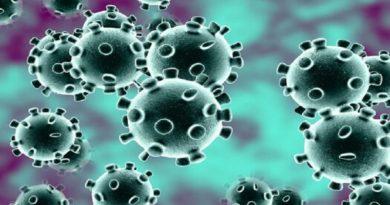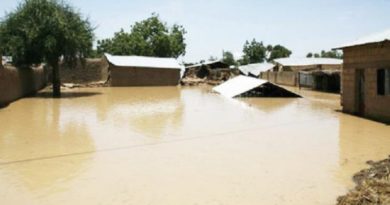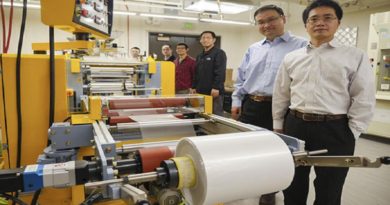New report offers ways to achieve climate action, SDGs
With the global challenge of climate action threatening progress made on the Sustainable Development Goals (SDGs), a new report from the United Nations Department of Economic and Social Affairs (UN DESA) and the UN Framework Convention on Climate Change (UNFCCC) offers ways to better serve both the world’s efforts to achieve the goals of the Paris Climate Change Agreement and the SDGs to ensure better lives for all people.
The new analysis, entitled “Maximizing Co-benefits by Linking Implementation of the Sustainable Development Goals and Climate Action,” is an extended summary report of the first Climate and SDGs Synergy Conference—formally the “Global Conference on Strengthening Synergies between the Paris Agreement and the 2030 Agenda for Sustainable Development”—held from 1-3 April at UN City in Copenhagen. The new summary report expands on the key immediate action areas identified by Conference participants and aims to promote coordinated implementation of the objectives of the 2030 Agenda and the SDGs, across all levels and sectors.
According to the report, the cooperative implementation needs a multi-level, bottom-up integration of climate action and the SDGs, aligned with human rights. This would tackle the climate emergency and ensure that the world’s most vulnerable groups—women, persons with disabilities, older persons, youth, refugees and migrants are not left behind.
Progress towards low-carbon, climate-resilient societies and economies is already happening, as seen in the Nationally Determined Contributions (NDCs) and National Adaptation Plans (NAPs) of the Paris Agreement and the Voluntary National Reviews (VNRs) of the SDGs put forth by countries. Also promising is that there is growing awareness of climate change among governments and other stakeholders, and adaption and mitigation mechanisms are more deeply embedded in governmental structures. On the other hand, there are still gaps in many developing countries and progress remains slow.
The development of low-emission economies requires deep structural changes to global energy, transport, water and food production systems in order to eradicate extreme poverty and achieve sustainable economic growth. Achieving these will be even more difficult with the effects of climate change that we are already seeing, including more severe temperature variations, sea level rise, floods and droughts. These hazards make the world’s water, agriculture, health and forestry sectors more vulnerable.
Furthermore, implementing specific SDGs would be directly beneficial in achieving the goals of the Paris Agreement. Particularly, speeding up the energy transition (SDG 7) and more sustainably managing forests and other terrestrial ecosystems (SDG 15) would directly and positively affect greenhouse gas emissions. Similarly, sustainable industrialization (SDG 9), sustainable food production systems and resilient agricultural practices (SDG 2) and responsible consumption and production (SDG 12) contribute to low emission pathways and sustainable development.
In addition, limiting global temperature increase to well below 1.5 degrees Celsius would be beneficial to the SDGs related to resilience and disaster risk reduction, such as poverty (SDG 1), infrastructure (SDG 9) and urban settlement (SDG 11).
Climate change is already causing extreme weather conditions, leading to human and socioeconomic costs and reversing development gains. Therefore, the actions indicated in NDCs and NAPs, as well as the targets of SDG 13 on climate action, should be integrated into policies, programmes and budgets across all sectors.




